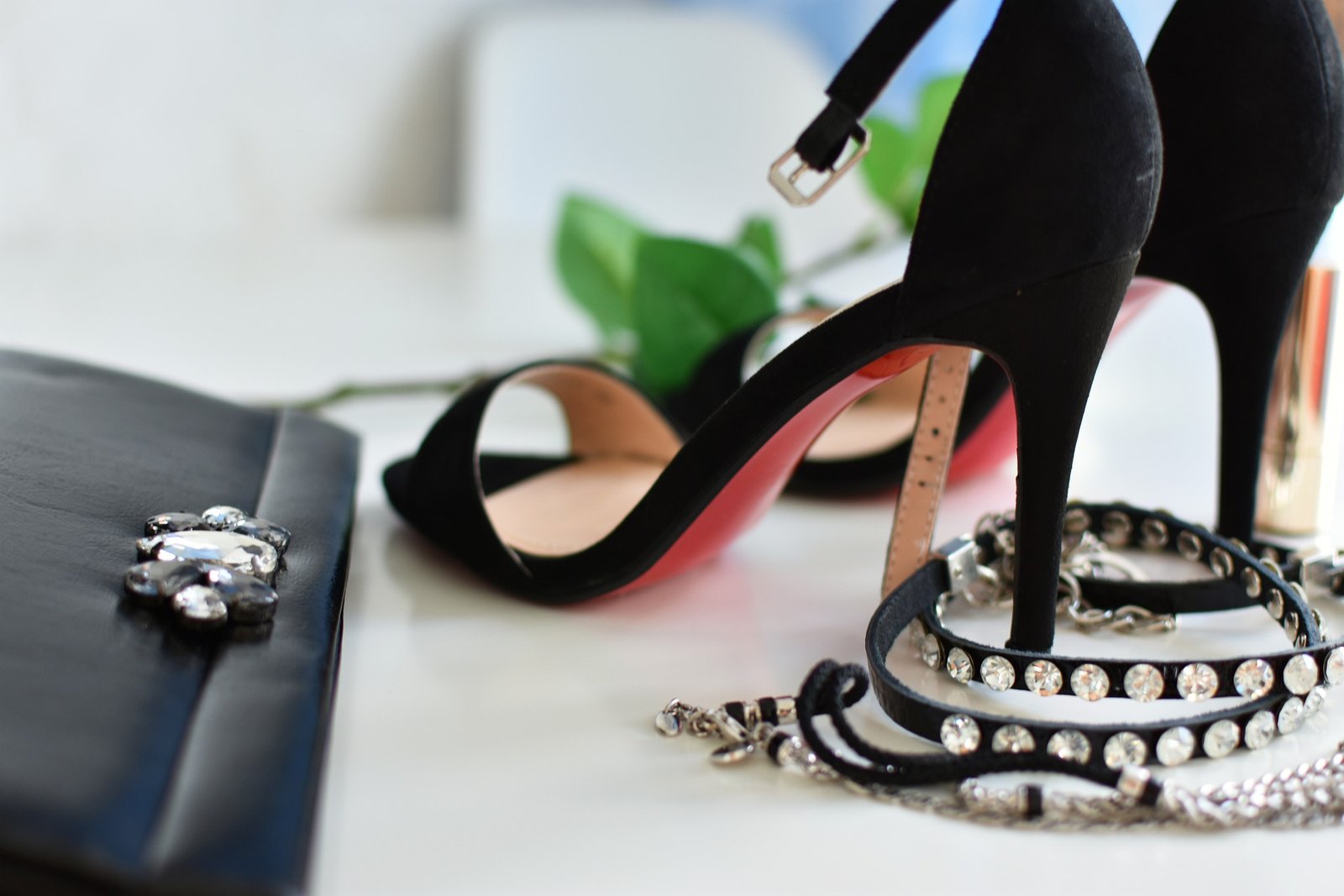
How To Reduce The Appearance Of Scars
Although it’s important to love the skin you’re in, often skin imperfections, such as scars, can have an effect on our self-confidence. Fortunately, most scars do fade over time, even if they don’t go away completely, but there are some more stubborn forms of scars that tend to stick around for longer. If you have scars in areas of your body that are most visible, such as your face or arms, then this can cause further implications for your self-esteem.
Whilst you can’t get rid of scars in their entirety, you can often reduce their appearance. Remember, scars are your body’s way of healing naturally following an injury. When the dermis (your second layer of skin) is damaged, then your body will work to provide collagen fibres in order to repair the damage which then results in a scar. Often, the faster a wound heals, the less collagen is produced, meaning that the scar will be less noticeable. Scars will form differently depending on the severity of the injury and are different for every person, depdning on their age and body.
There is no known way to make scars completely disappear, but there are ways in which you can reduce their appearance. With that in mind, let’s take a look at some of the most common types of scars and how you can improve their appearance.
Stretch Marks
A stretch mark is a type of scar that forms when our skin either stretches or shrinks quickly. An abrupt change in shape can cause damage to the elastin and collagen in the skin, causing them to rupture. It’s important to note that stretch marks are natural and can form at any age simply from growth. They are more common in women, especially during pregnancy and although they are a natural part of life, they can make you self conscious.
There are many lotions available that claim to reduce the appearance of stretch marks, but one of the most effective treatments is simple hydration and care of the skin. Stretch marks do fade over time, going from deep and dark reds and purples to light skin coloured marks, but this can sometimes take a couple of years.
Instead, regular exfoliation and daily moisturising of the affected area can help to reduce the appearance of stretch marks and help skin to recover more quickly, plus if your stretch marks are itchy, this can help relieve the symptoms. If you are pregnant, moisturising your stomach, hips and breasts twice a day, plus keeping hydrated, can help keep skin from stretching too quickly, reducing the appearance of stretch marks.
Acne Scars
If you have tackled acne in the past, you may find that you were left with blemishes and marks long after the acne disappeared. Acne can leave pitted scars and skin pigmentation patches behind, but there are some ways in which you can reduce their appearance, particularly if the marks are on your face and are affecting your self-confidence.
Vitamin C can help to brighten dark pigmentation left behind by acne scars and should form an important part of your skincare routine. Whether it’s in a soothing gel that you apply before your moisturiser or serum that you massage gently into your skin, be sure to choose a high concentration of vitamin C to help fade dark spots over time.
Avoid using harsh chemicals or peels on acne scarred skin, as this can only irritate your skin further. Drink plenty of water and be sure to follow a good skincare routine.
Surgery Scars
If you’ve had medical or cosmetic surgery recently, then your surgeon will likely have informed you about any potential scarring. With surgery scars, this will often depend on the size and length of the incision needed, plus how quickly the wound heals. Your surgeon will also likely tell you how to care for the area following surgery, with tips on how to reduce long-term scarring.
Typically, recommendations include gently massaging the area with a gentle, unscented moisturiser or vitamin E gel as studies have shown that gentle pressure from massaging early on in scar development can help to reduce the inflammation signals which often lead to poor scarring. You should also avoid putting your scar in direct sunlight, as delicate skin can discolour when exposed to sunlight for prolonged periods. Avoid excessive amounts of stress or pressure on your wound, as this can prolong the healing time and make the appearance of your scar more pronounced.





